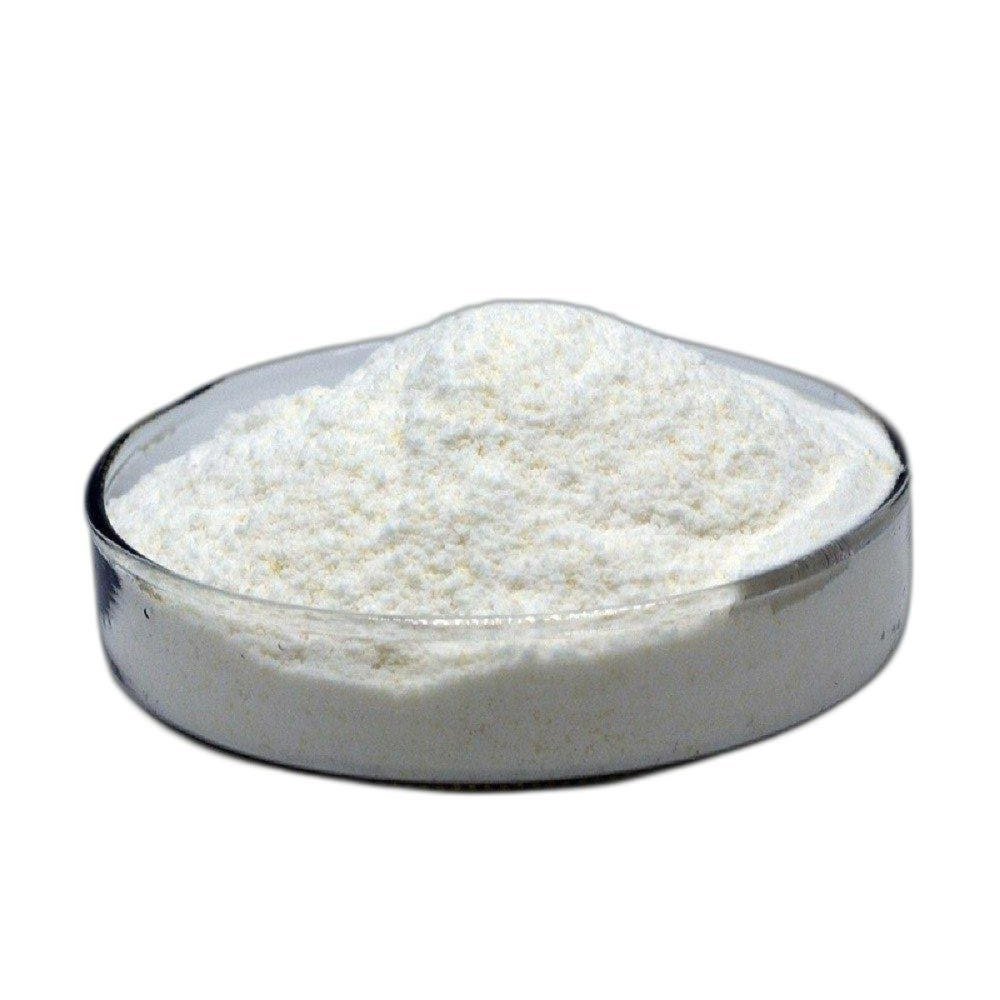Synthetic Hydroxyapatite
Key Characteristics:
- Biocompatibility: SHA is highly biocompatible, meaning it can be safely implanted into the human body without causing adverse reactions.
- Osteoconductivity: It promotes bone growth and regeneration by serving as a scaffold for new bone tissue to form.
- Mechanical Strength: SHA exhibits good mechanical strength, making it suitable for load-bearing applications.
- Porosity: The porosity of SHA can be controlled to influence its properties, such as its ability to absorb fluids and facilitate tissue growth.
Applications:
- Orthopedic Implants: SHA is used as a coating for orthopedic implants, such as hip and knee replacements, to improve biocompatibility and promote bone-to-implant integration.
- Dental Implants: SHA is used as a filler material in dental implants to enhance bone regeneration and improve the stability of the implant.
- Tissue Engineering: SHA is used as a scaffold for tissue engineering, providing a structure for cells to grow and differentiate into new tissues.
- Drug Delivery: SHA can be used to deliver drugs to target tissues, as it can be loaded with therapeutic agents and release them gradually over time.
Advantages:
- Versatility: SHA can be tailored to meet specific needs by adjusting its composition, porosity, and particle size.
- Durability: SHA is durable and can withstand the mechanical stresses encountered in the human body.
- Bioactivity: SHA can promote bone regeneration and stimulate the release of growth factors.





